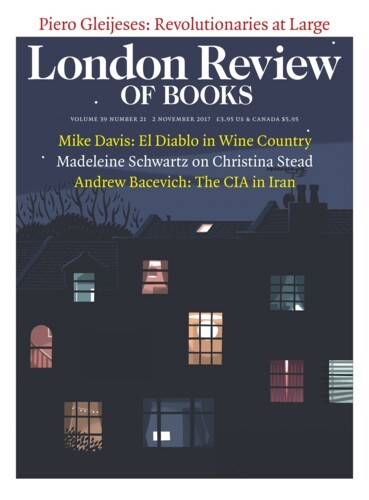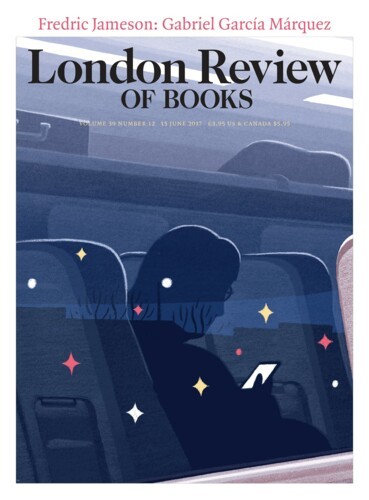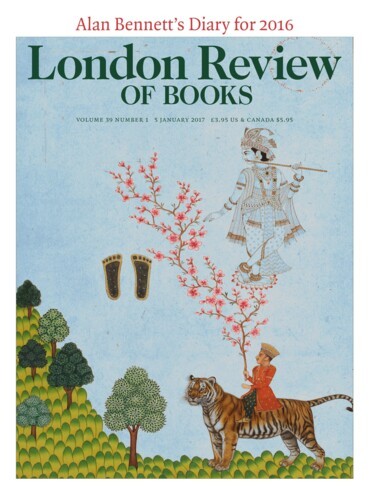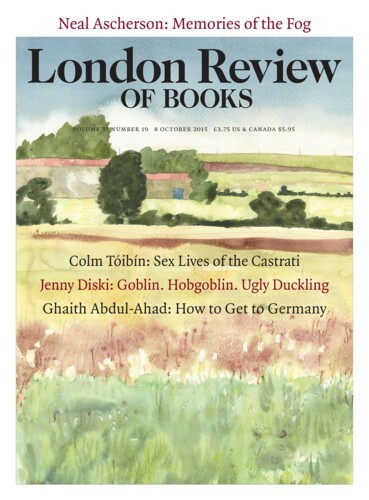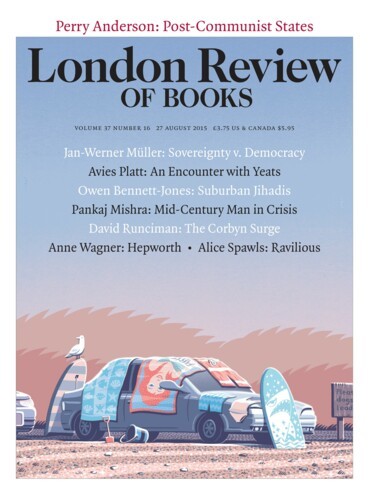Rub gently out with stale bread: The Print Craze
Adam Smyth, 2 November 2017
The Compleat Drawing-Book, published by Fleet Street printseller Robert Sayer in 1755, is a handbook for the amateur artist that aims to provide ‘Proper Instructions to Youth for their Entertainment and Improvement in this Art’. The core of the book is a series of ‘Many and Curious Specimens’: prints from images ‘engrav’d on one hundred...
